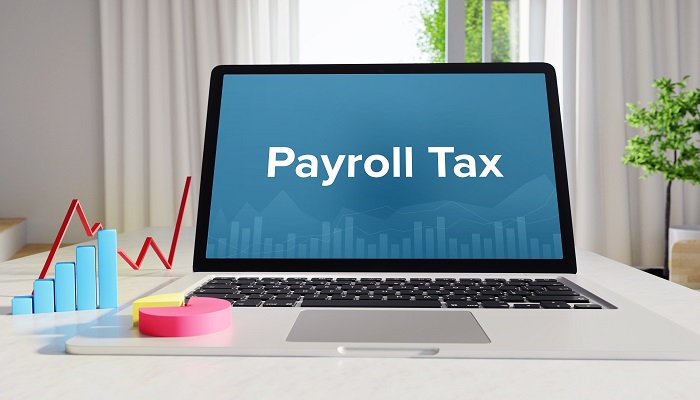
Most people have substantial knowledge about federal and state income tax provisions but very little understanding of payroll taxes. Payroll taxes are the taxes that are applied to earned income such as wages, salaries, and bonuses or any income from a business in which you actively participate. Employers withhold these taxes from employees’ salaries and pay them to the government. Payroll Taxes are used to finance government funded public programs and social insurance programs. In this blog post, we will discuss some major aspects of payroll taxes. Read on.
Types of Payroll Taxes
There are two main components to the payroll taxes: Social Security and Medicare. Each one is calculated at a different rate and has different income limits.
Related Blog Post: A Look at the New 2021 Income Tax Brackets
Social Security Tax
The first component of IRS payroll taxes is OASDI (Old Age, Survivors and Disability Insurance) tax, more commonly referred to as Social Security Tax. The Social Security Tax is calculated at a rate of 6.2% of the taxable payroll. This is levied on both employees and their employers. Social Security tax is only imposed on a certain portion of your earned income every year. For the year 2021, the upper limit for tax calculation is $ 142000. This is adjusted for inflation each year. One thing to note is that Social Security Tax is applied only on the earned income and not on any passive income that comes from passive sources such as interests, pensions, or dividends.
Medicare Tax
Medicare tax is the second component of IRS payroll taxes and is calculated at a rate of 1.45% each for employees and employers. Medicare Tax has no upper limits on the earned incomes. This means that even if you earned millions, you will have to pay Medicare tax on the entire earned income. In fact, if you have an earned income above $200,000, you will have to pay an additional 0.9% in Medicare Tax.
Related Blog Post: Understanding the Impact of Biden’s Stimulus Proposals on Tax Credits for Families
Self-Employment Tax
For those that are self-employed, it is important to note that they have to pay both the employer and employee share of payroll taxes. This means that they have to pay 12.4% in Social Security Tax and 2.9% in Medicare Tax on their earned income. The breakdown of payroll taxes for self-employed is as follows”
- 3% on the first $142,000 of earned income
- 9% on the income above $142,000 but less than $200,000
- 8% on income above $200,000.
Wrap Up
Payroll taxes are used to fund some very important government programs and it is important that taxpayers pay on time to avoid experiencing any problems with the IRS. When it comes to unpaid payroll taxes, the IRS can take stringent measures to recover the money. If you have any questions about how to pay payroll taxes, it is recommended to consult an experienced tax attorney. Seek help for Payroll tax issues or IRS tax problems in Dallas, Texas or nearby areas by connecting with The Law Offices of Nick Nemeth. Our team of experienced tax attorneys has a proven record of helping clients resolve IRS issues and get favorable outcomes. To consult with one of our tax attorneys, call (972) 426-2553 or fill out our contact form, and we will take it from there.

